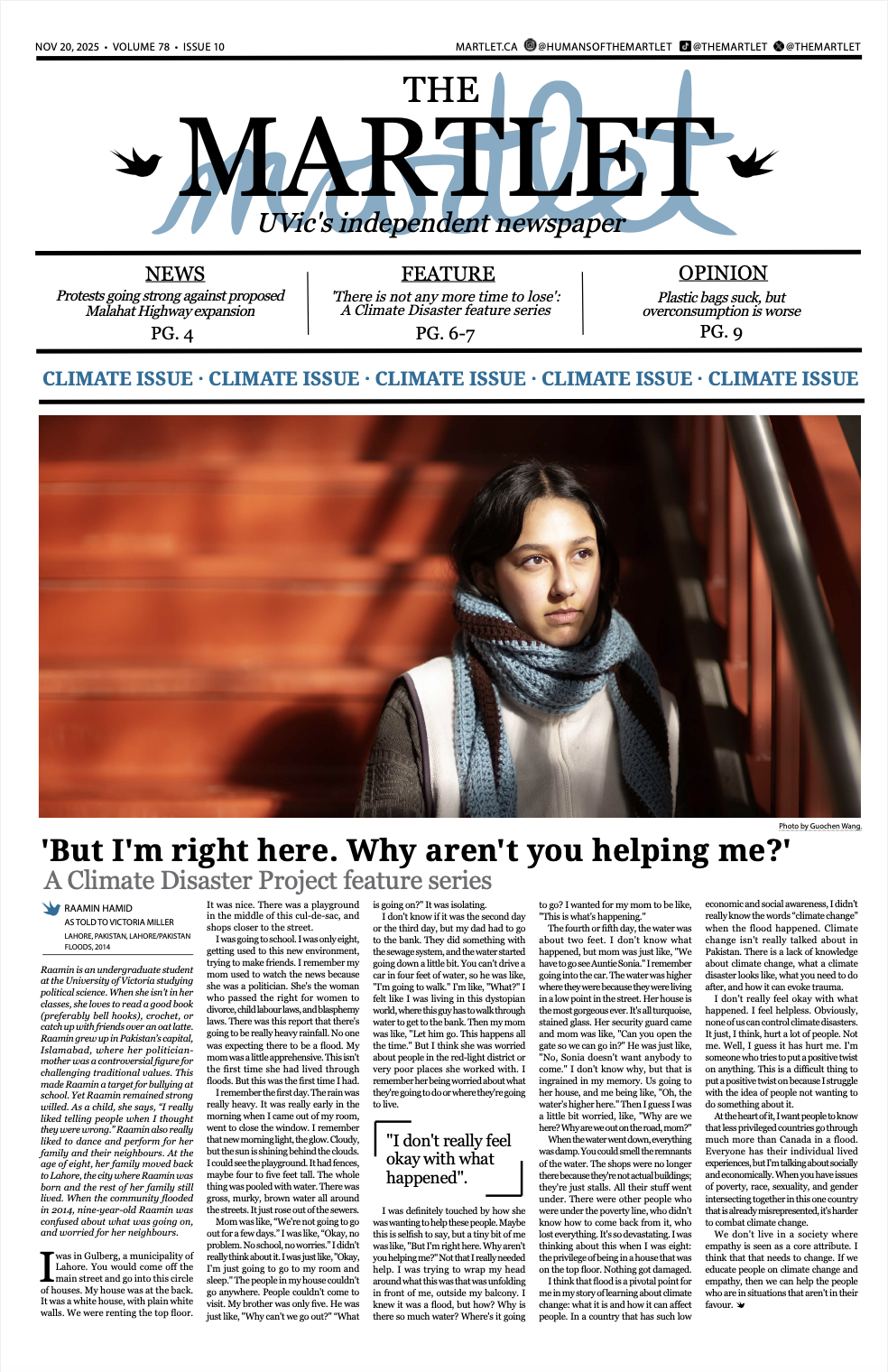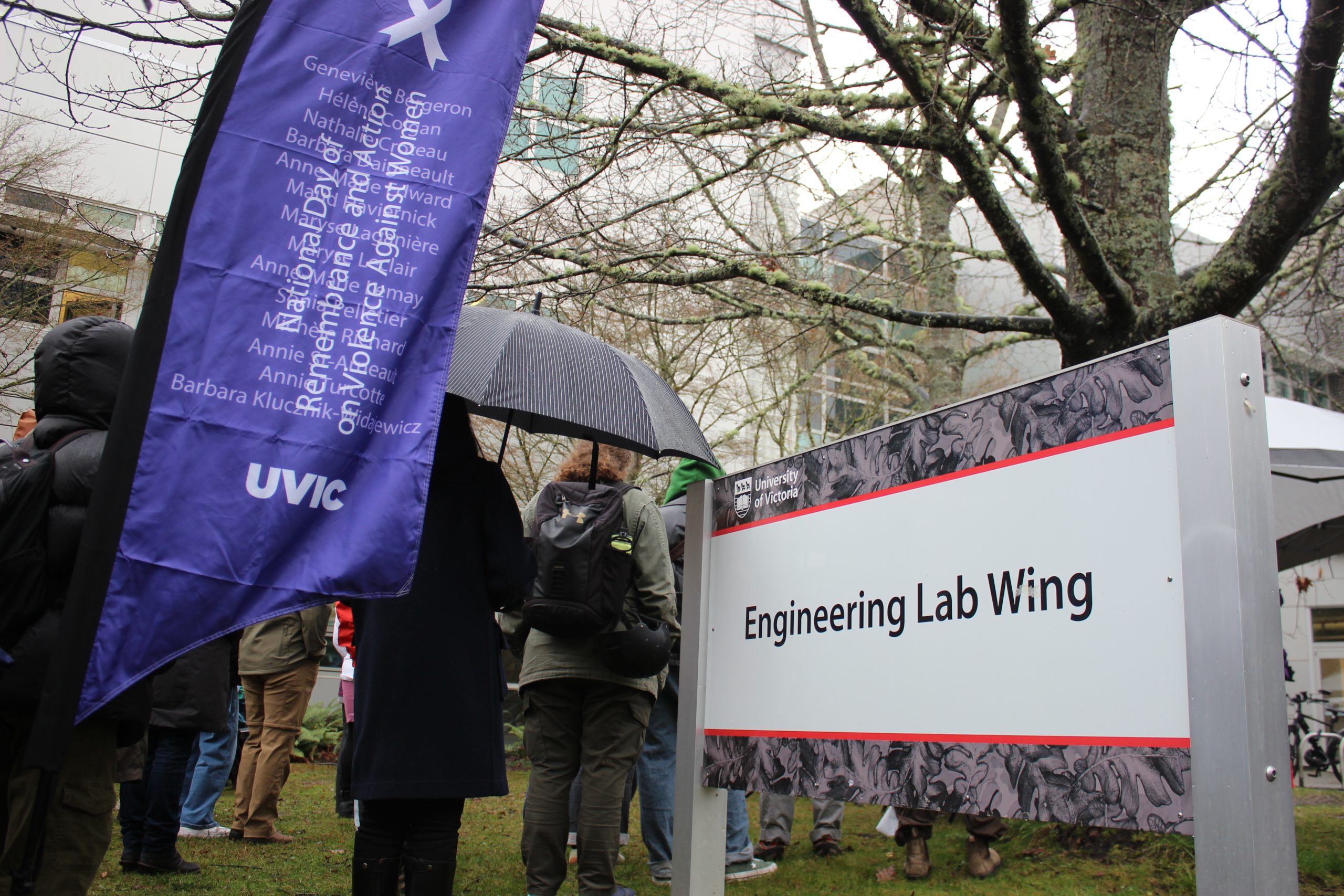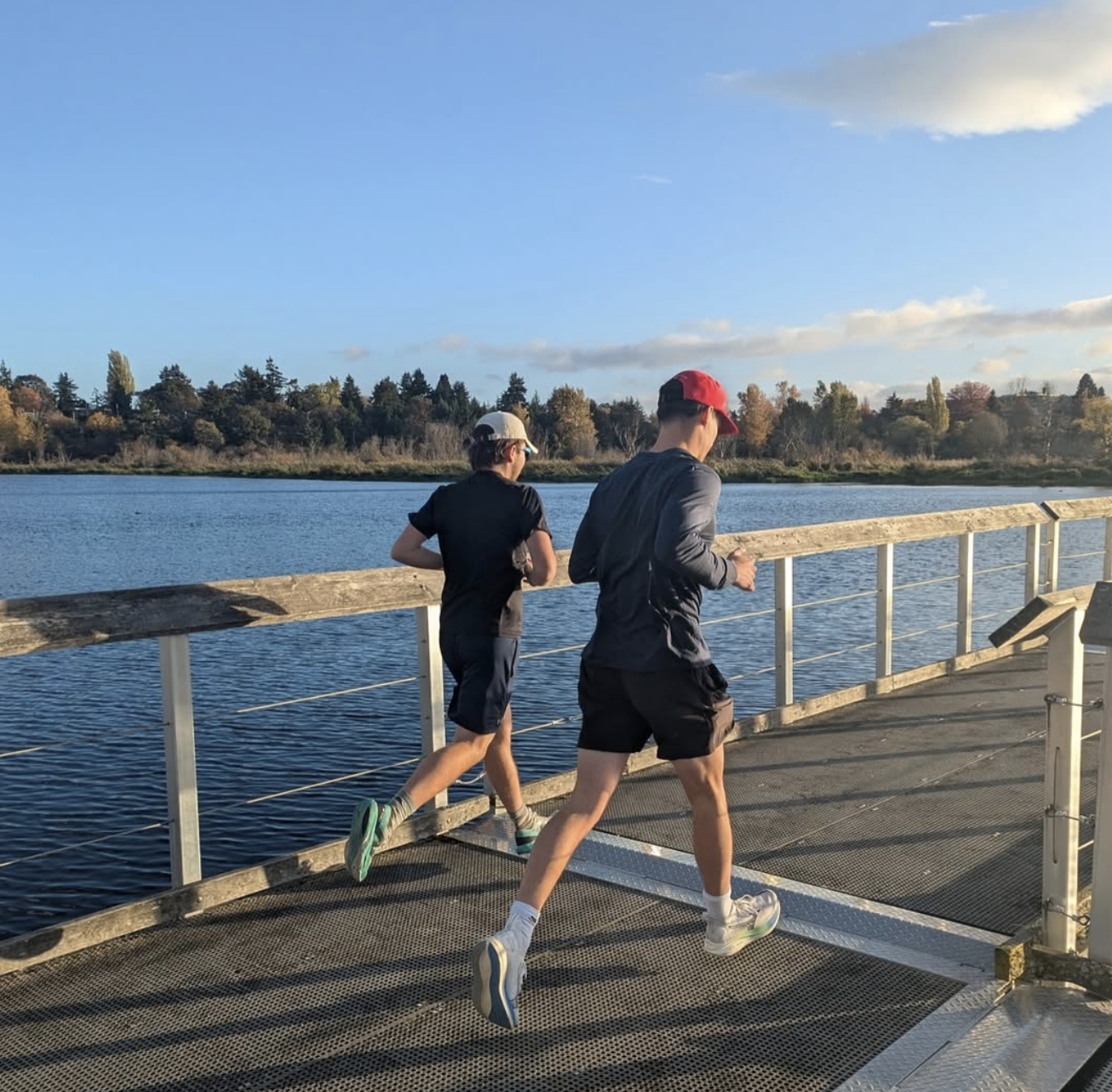Did you watch the Olympics? How about that opening ceremony? Amazing, wasn’t it? And how about the opening of the Paralympics? Oh. Yeah, I missed it, too. After the regular Olympics end, the Paralympics typically plays to mostly empty seats. In Beijing, that began to change. This year, Britain paid enormous attention and respect to the Paralympics. Queen Elizabeth II was there to welcome the world again, and the opening ceremonies were sold out. The stadium was packed. The ceremony was viewed on television by an additional 11 million people in the UK. Unfortunately, with the exception of a few lucky countries like Australia and Germany, most of the rest of the world missed the electrifying few hours that opened the London 2012 Paralympic Games.
In Canada, both CTV and CBC had decided against live broadcasts from the Paralympics, even at the opening ceremony. The U.S. networks made the same mistake. So most people in North America didn’t see the blue-white lights rise slowly on the centre-stage figure of Stephen Hawking, arguably the most celebrated disabled person in the world, or hear his computerized voice fill the Olympic stadium.
The U.K. is the birthplace of the Paralympics. Fittingly, the London 2012 Paralympics did not shy away from a brilliant opportunity. The opening ceremony, co-designed by Deaf artistic director Jenny Sealey, featured 4 000 athletes from around the world and hundreds of disabled performers in an unprecedented tribute to the power and beauty of extreme diversity. It was audacious, defiant, chaotic and delightful. Too bad we missed it.
By all accounts, the feeling inside the Paralympic bubble in London was intoxicating. Throughout these games, people with disabilities revelled in an atmosphere of acceptance, understanding, accessibility and success. But outside this bubble, things weren’t so good. Disabled visitors traveling to Britain for the games reported the city was inaccessible outside the Olympic venues. And in contrast to the amazing excitement and positive energy around the Games, regular disabled people in Britain are facing fearsome cuts to their supports and services. Many report increased discrimination and public scorn.
The U.K. is also the birthplace of the disability movement, and people with disabilities seized their moment as political activists, too. Protests by disability groups in London as well as cities across England, Scotland and Wales have made the 2012 games the most political Paralympics ever. British Paralympians spoke out against scheduled government cuts. UK athlete Sue Gilroy said, “I have tried not to worry about it. If they did decide to stop things, it would make life impossible.” Former Paralympic wheelchair medalist Ade Adepitan said, “Without [the disability living allowance], I would not have been able to do what I did or be a top athlete.”
The aim of the Paralympics has always been to transform perceptions of people with disabilities. The 2012 Paralympics reveal people with disabilities at a critical point in the struggle for equality and respect. Opportunities are actually shrinking for disabled people, even while these games showcase the fantastic richness of inclusion. One shocking incident from the Games illustrates how precarious acceptance is. Former Home Secretary of Britain, David Blunkett, who is blind, was invited to attend the opening ceremonies as a guest of honour. When he arrived with a guide dog, however, he was barred from his seat and instead placed in a makeshift arrangement outside in the cold. Yes, we’ve come a long, long way. But as Blunkett succinctly put it, “What happened highlights how far we still have to go.”








